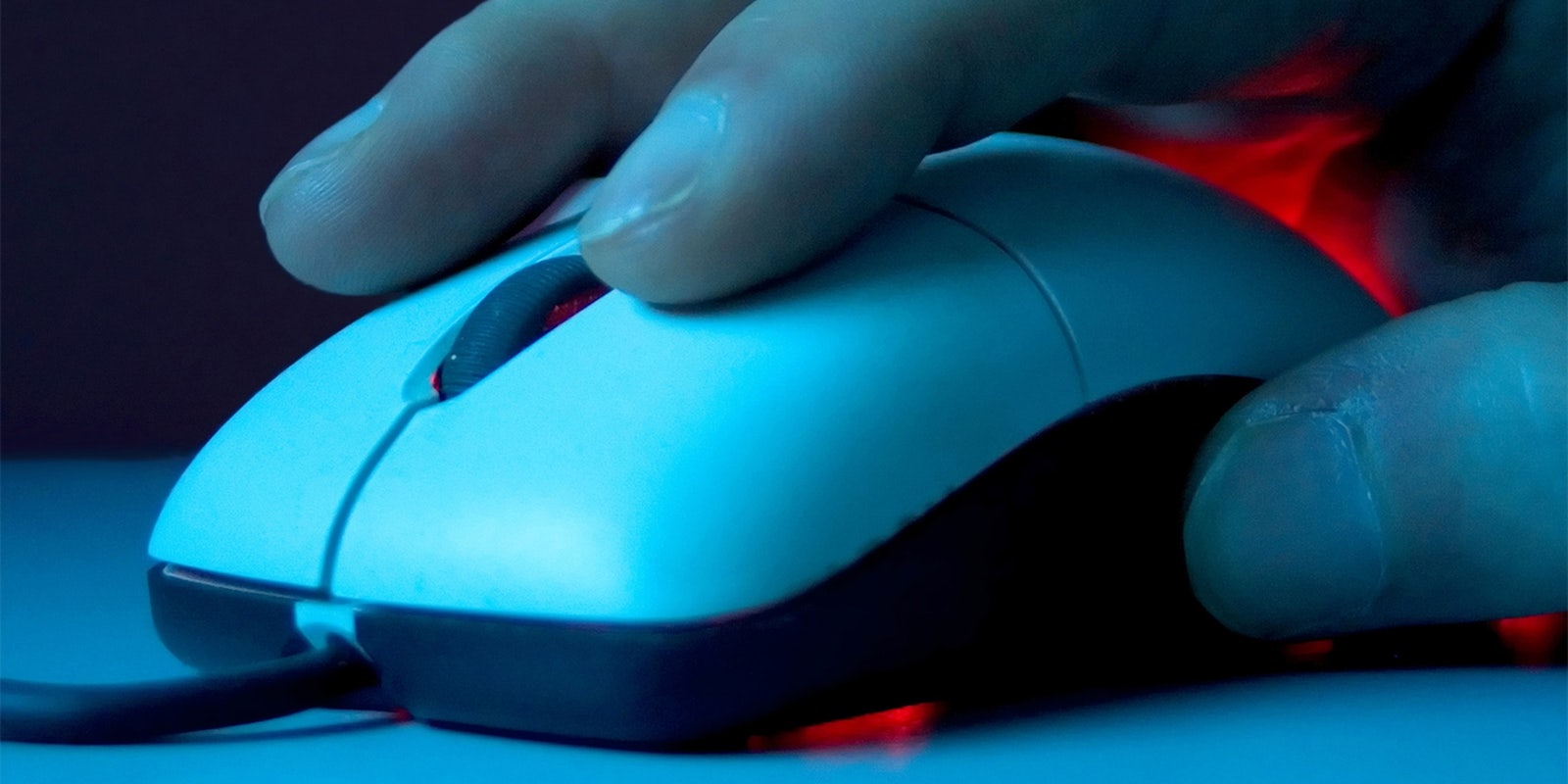A frantic, last-ditch effort to draw attention to the U.S.’s long-outdated email privacy law proved successful Thursday.
The White House will indeed have to address their beef with the Electronic Communications Privacy Act, which in its current state allows a host of U.S. government bodies to check Americans’ emails with merely a court order, not a warrant.
Regardless of exactly how much power you think U.S. law enforcement should have to read citizens’ emails, it would be hard to argue that ECPA, which passed in 1986, doesn’t need another look. Back then, emails were downloaded from servers onto users’ computers. By ECPA’s logic, if you didn’t download them within 180 days, you were forfeiting them.
Of course, practically everyone’s email is stored in the cloud these days, but the law’s still on the books. Attempts to reform ECPA have had a curiously hard time in congress.
Before Thursday, it looked like a We The People petition for Obama to address ECPA would follow the same fate, stuck roughly 25,000 shy of the 100,000 needed by Thursday to merit a guaranteed response.
But we live in the age of Edward Snowden and outrage at the spying practices of the National Security Agency. A storm of activist attention, much of it on Twitter or coming from digital advocacy groups like the Center of Democracy and Technology and Fight For the Future, was enough to push it to over the edge. 102,150 have signed it as of this writing.
Illustration by Jason Reed
